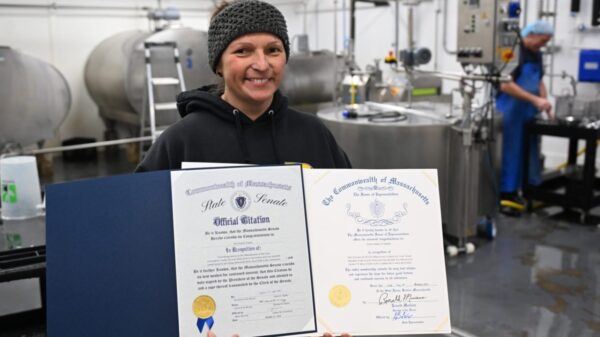Dr. Ghayas C. Issa, a leading researcher at The University of Texas MD Anderson Cancer Center, has emphasized the importance of genetic testing for patients with acute myeloid leukemia (AML). His recent discussion focused on two critical alterations: NPM1 and KMT2A. Issa outlined how understanding these genetic factors can significantly improve patient outcomes by informing prognosis and guiding treatment strategies.
Issa noted that testing for NPM1 mutations is essential and has been recommended even before the introduction of menin inhibitors. These mutations play a vital role in determining the patient’s prognosis, influencing decisions regarding treatments such as bone marrow transplants. The standard method for detecting NPM1 mutations is through next-generation sequencing (NGS). He highlighted the necessity of retesting for NPM1 mutations at the time of relapse. Approximately 5% of cases may lose the NPM1 mutation, which indicates that other mutations may be driving the leukemia, thus altering treatment options.
Impact of KMT2A Testing on Treatment Decisions
In addition to NPM1, Issa discussed the growing relevance of KMT2A testing, particularly with the emergence of menin inhibitors. Knowledge of a patient’s KMT2A status is now critical for determining eligibility for these targeted therapies. The most widely utilized method for identifying KMT2A rearrangement is fluorescence in situ hybridization (FISH).
Issa explained that KMT2A alterations are typically founding events in AML, meaning they are likely to persist even at relapse. However, he cautioned that there is a possibility of missing a KMT2A rearrangement during the initial diagnosis, especially if it is not evident on baseline cytogenetics. Consequently, he stressed the importance of repeating FISH at the time of relapse if it was not thoroughly conducted during the diagnosis phase.
Issa’s insights underscore a vital shift in the management of AML, showcasing how genetic information can refine treatment approaches. By advocating for comprehensive genetic testing, he aims to enhance the precision of AML therapies, ultimately improving patient survival rates and quality of life.





































































